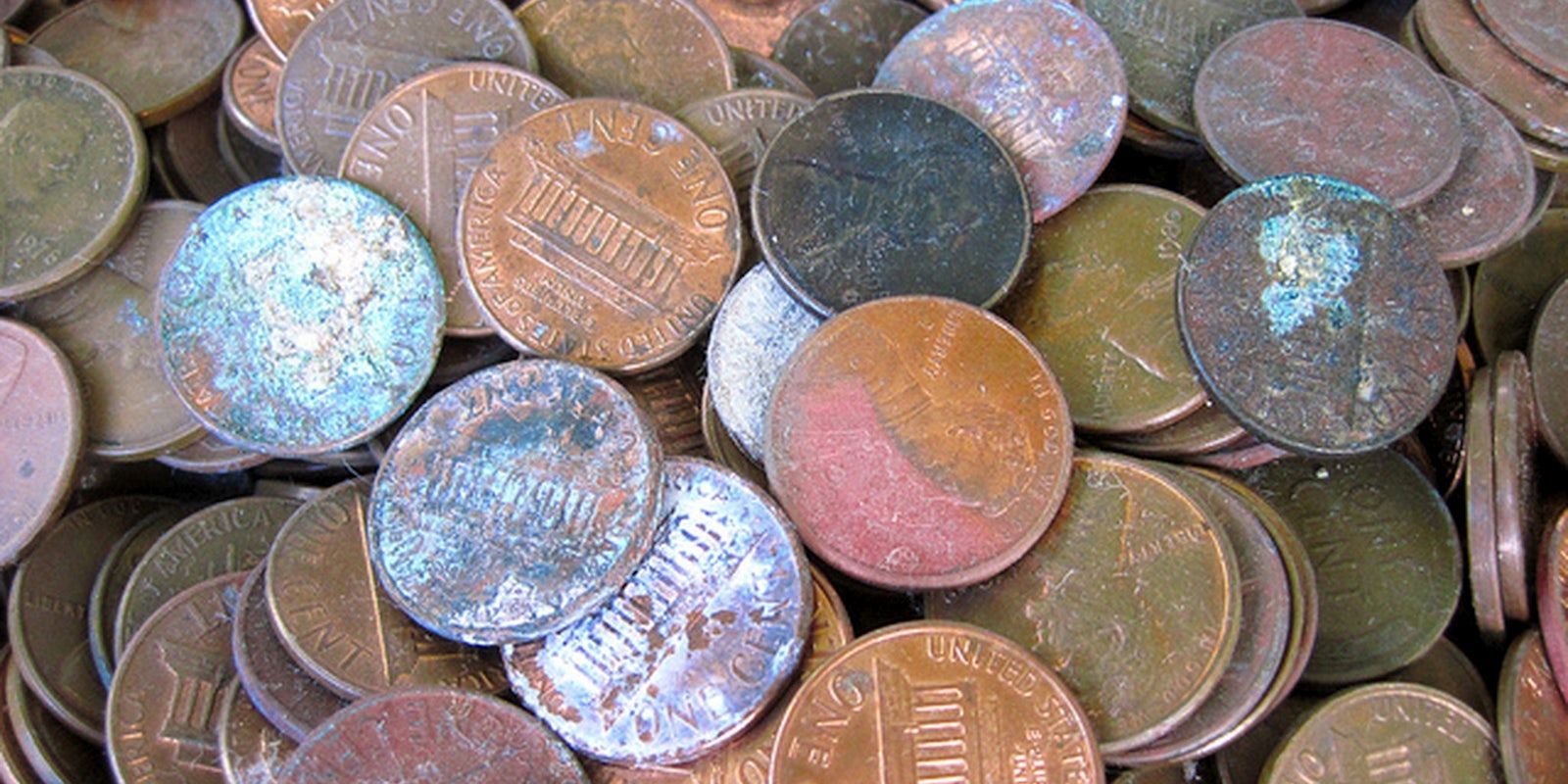So far, New Zealand’s music industry has spent 342 times what it’s made prosecuting pirates.
According to the New Zealand Herald, the Recording Industry Association of New Zealand (RIANZ) has spent NZ $250,000 ($211,725 US) on its anti-piracy campaign since a new copyright law took effect in 2011. It’s only identified twelve pirates so far, and only one of those, an unnamed woman who claimed in court that she “couldn’t figure out” her torrenting program, has actually gone to trial.
The case resulted in a fine of $616.57 ($521.74 US).
Copyright owners in New Zealand have to pay a $25 fee if they want Internet service providers to forward their claim on to suspected pirates. The RIANZ has sent out 6,000 notices so far, at a cost of $150,000, and has unsuccessfully petitioned the government to reduce that fee so it can send more notices.
It’s not necessarily the case that the RIANZ has been wasting its money, however. Like the soon-to-be-implemented Copyright Alerts System in the U.S., the RIANZ aims to intimidate casual downloaders away from piracy, and reportedly believes most people who receive a notice stop pirating.
New Zealand’s law is similar to France’s controversial HADOPI, which reserves the right to cut off users’ Internet access if they’re found to serially pirate copyrighted content. Critics have pointed out that HADOPI has cost nearly $15 million a year, and the country’s Minister of Culture has pointed out that’s “expensive to send a million emails.” According to some reports, HADOPI has indeed reduced piracy, though that has not been couple with increased music sales, as record companies had hoped.
With only a single case study, it’s impossible to tell so far if New Zealand’s law has changed anyone’s decision on whether to pirate music. From her court testimony, it seems that the one woman who was fined in court—who was charged with downloading the same Rihanna song twice, as well as one more song—didn’t understand what she was doing.
“I don’t know why it shows that I would try to download the same song twice,” she said in a written testimony. “I figured out how to delete the song that was still trying to download but still couldn’t figure out how to delete the whole program until just recently when I got someone to look at it.”
Photo by puuikibeach/Flickr


